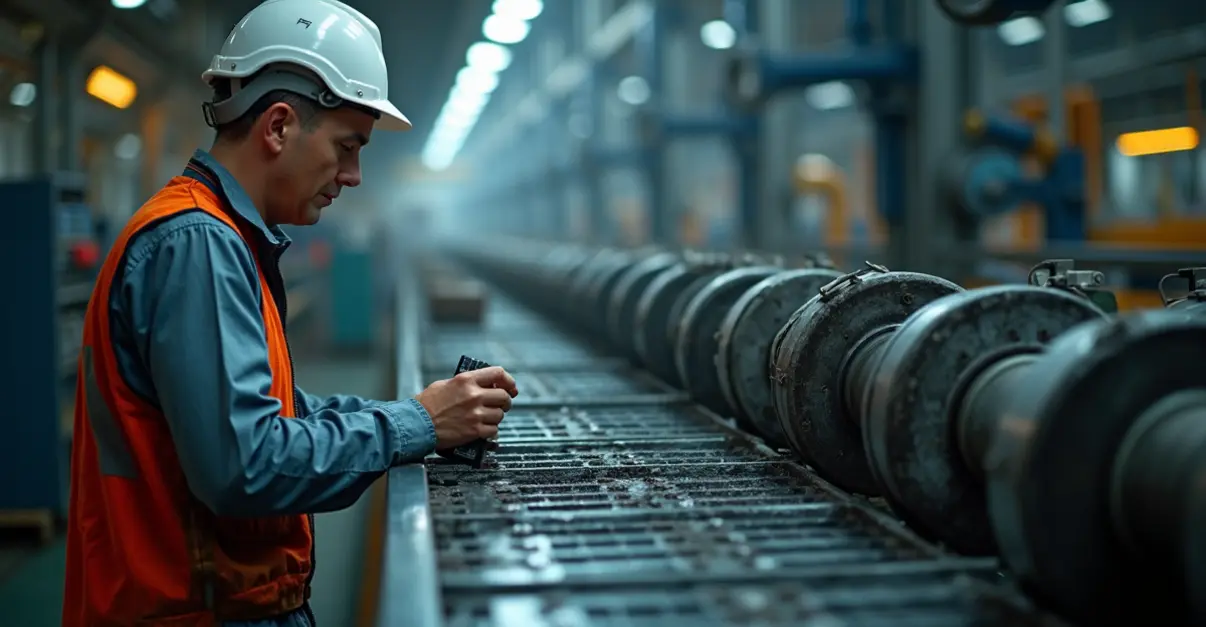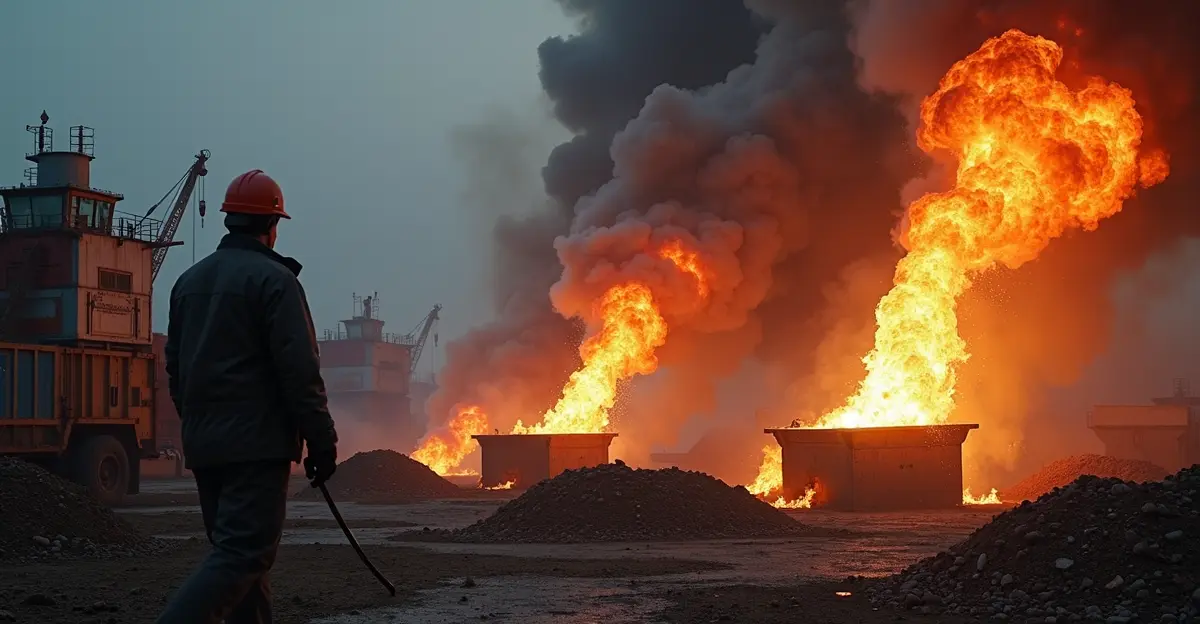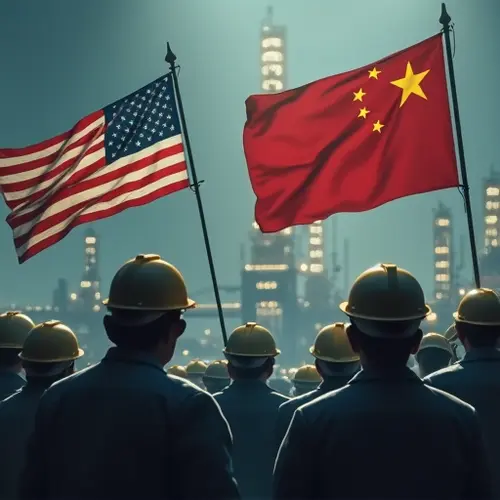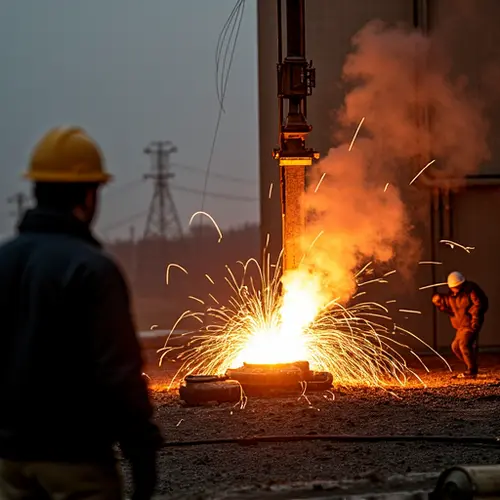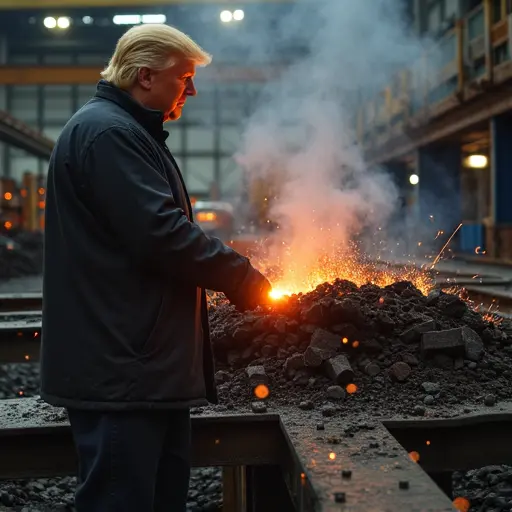EU proposes doubling steel import tariffs to 50% and halving quotas to protect struggling industry from Chinese competition. Plan requires approval from Parliament and member states.
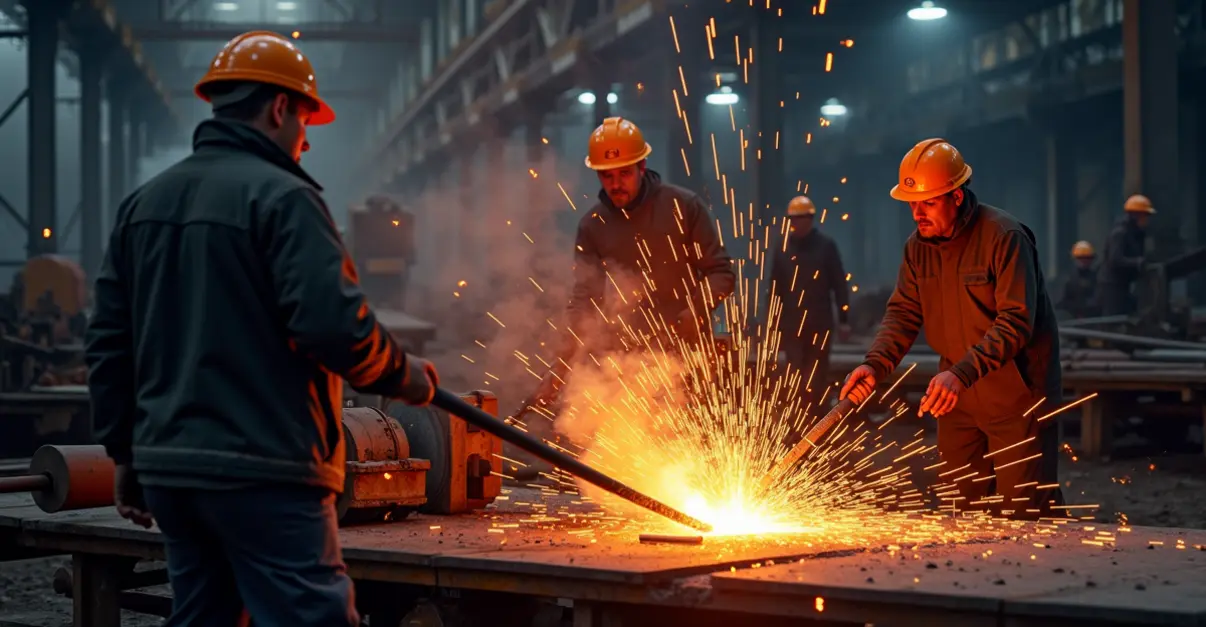
European Commission Takes Drastic Action to Save Steel Sector
The European Commission has unveiled a bold proposal to impose 50% tariffs on steel imports and halve import quotas in a dramatic move to protect the EU's struggling steel industry from what officials describe as 'unfair competition' from China. The plan, announced on October 7, 2025, would double the current 25% tariff rate and reduce tariff-free import volumes from approximately 36 million tons to just over 18 million tons annually.
Industry on the Brink of Collapse
European Commissioner Wopke Hoekstra didn't mince words when explaining the urgency of the situation. 'On this moment you see that many steel companies are on the point of going bankrupt,' he stated during the announcement. The European steel sector has been battered by multiple challenges including high energy prices, American import tariffs, and declining demand, creating what industry leaders call a perfect storm.
The proposal comes as China's steel production continues to dwarf European output. According to Deutsche Welle, China produced over 1 billion metric tons of steel last year compared to the EU's total of just 129.5 million tons. This massive overproduction has led to what European officials describe as 'dumping' practices, where China exports excess steel at artificially low prices.
Strategic Importance and Job Protection
The steel industry represents more than just an economic sector for Europe. With approximately 300,000 direct employees and another 2.3 million indirect jobs at stake, the Commission views steel as strategically vital. 'The European steel industry was on the verge of collapse,' Industry Commissioner Stephane Sejourne told reporters, emphasizing that these measures aim to protect the sector for investment, decarbonization, and long-term competitiveness.
Ronald de Haan, commercial director of Tata Steel Netherlands, welcomed the proposal enthusiastically. 'A fantastic plan,' he declared. 'I think the proposal enables us and the entire European steel industry to continue financing and investing in sustainability.' Tata Steel has been actively lobbying in Brussels for higher tariffs on foreign steel for months.
Global Trade War Implications
The EU's move represents a significant escalation in global trade tensions, particularly following former President Donald Trump's decision to impose 50% tariffs on steel and aluminum earlier this year. The Commission appears to be aligning its approach with American trade policy, hoping that by joining forces against Chinese overproduction, Trump might reciprocate by lowering US tariffs on European steel.
However, not everyone is celebrating the proposal. Mark Helder, chairman of Metaalunie, which represents metal processing companies, expressed concerns about the downstream effects. 'It's worth doing to keep those steel manufacturers in Europe,' he acknowledged, 'but the chain behind it must also be preserved and there must be attention for that and remain. So there should not only be a black pete passed on to the steel processors. They really need to be supported too.'
Consumer Impact and Economic Risks
Commissioner Hoekstra attempted to downplay concerns about price increases for consumers. 'On a washing machine it's less than a euro, and for a car a few tens,' he estimated. However, economists warn that protectionist measures carry broader risks.
Bert Colijn, an economist at ING, cautioned that 'with less competition, companies could lean back a bit more,' potentially reducing incentives for efficiency and innovation within the European steel industry.
The proposal now faces a critical approval process requiring support from both the European Parliament and EU member states. The Commission hopes for swift approval but has set a deadline of next summer, when current import tariffs and quotas are set to expire. As global trade tensions continue to escalate, this proposal represents Europe's strongest response yet to what it perceives as unfair trade practices threatening a foundational industry.

 Nederlands
Nederlands
 English
English
 Deutsch
Deutsch
 Français
Français
 Español
Español
 Português
Português




